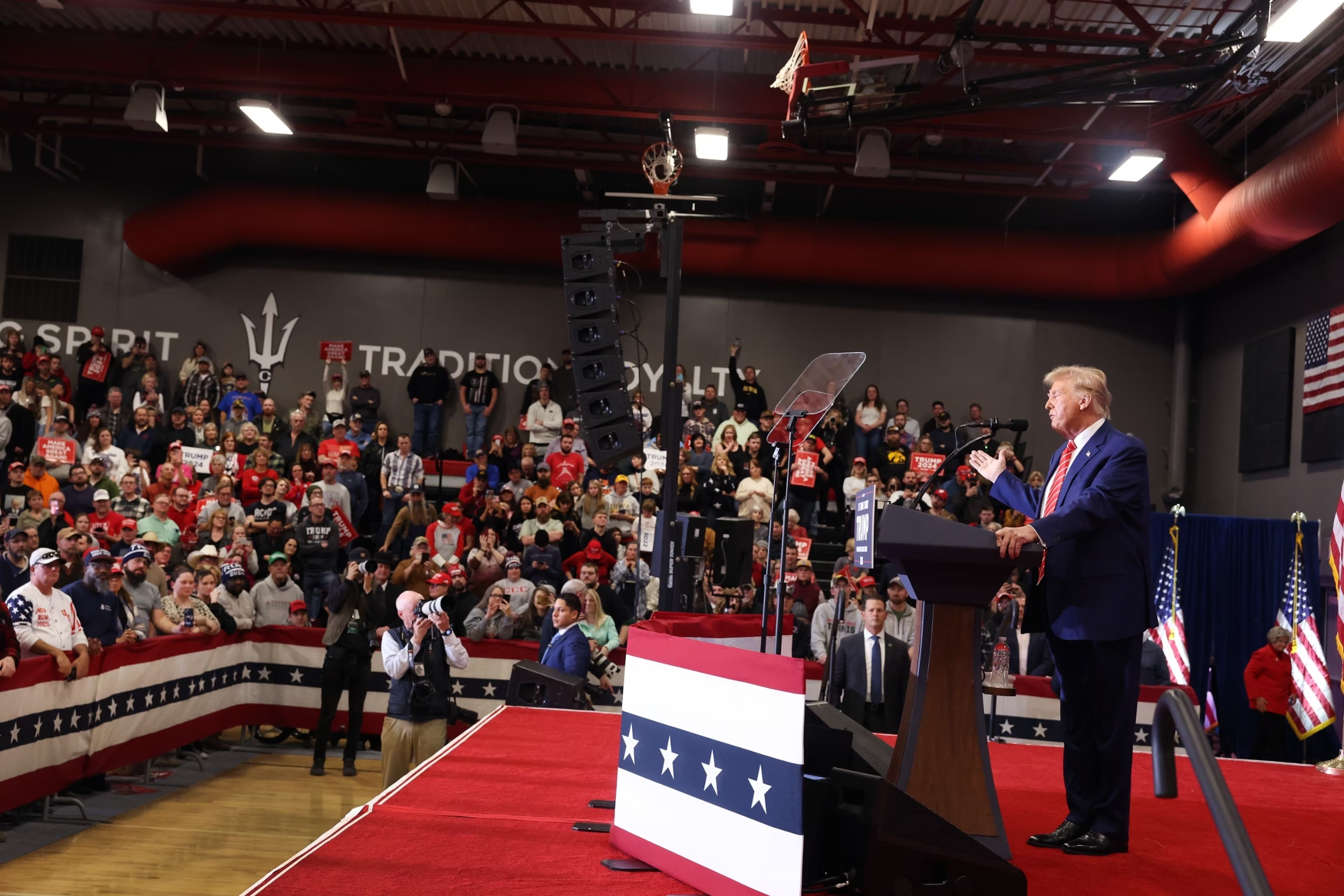The Colorado Republican Party has officially submitted a petition to the United States Supreme Court, aiming to reverse the recent decision by the Colorado Supreme Court, which barred former President Donald Trump from featuring on the state’s 2024 ballot. This legal maneuver comes in the wake of the Colorado Supreme Court’s ruling last Tuesday that disqualified Trump from participating in the upcoming election.
The crux of the legal dispute revolves around Section 3 of the 14th Amendment to the U.S. Constitution, which outlines the potential disqualification of public officials involved in “insurrection or rebellion against” the United States. The interpretation of this constitutional provision is central to the legal theories presented in this case.
It is noteworthy that the decision by the Colorado Supreme Court to exclude Trump from the 2024 ballot was not unanimous. With all seven justices on the state’s high court being appointed by Democrats, three justices dissented from the ruling last week, introducing a layer of legal complexity and dissenting opinions that could significantly impact the ongoing legal proceedings.
Importantly, it should be emphasized that, at this juncture, Donald Trump has not faced charges related to engaging in insurrection or rebellion against the United States.
The legal battle is poised to delve into the boundaries and interpretation of the 14th Amendment concerning the disqualification of public officials, particularly as the state’s high court has temporarily stayed its ruling, allowing room for an appeal. The ruling is slated to take effect on January 4, 2024.
In response to this decision, the Trump campaign has declared its intent to appeal the ruling to the U.S. Supreme Court, setting the stage for a potentially groundbreaking legal showdown that could shape the trajectory of Trump’s political eligibility.
The legal representation for the Colorado Republican Party in this high-stakes battle is led by the American Center for Law and Justice (ACLJ), an organization helmed by former Trump attorney Jay Sekulow. The involvement of ACLJ underscores the significance and high-profile nature of this legal dispute, with seasoned legal minds advocating for the Republican Party’s stance.
As this legal drama unfolds, it not only draws attention to Trump’s specific case but also raises broader questions about the interpretation and application of constitutional provisions governing the disqualification of public officials. The dissenting voices within the Colorado Supreme Court add an additional layer of complexity, emphasizing the nuanced legal arguments at play in this contentious matter.
The decision to involve the U.S. Supreme Court marks a pivotal moment in the legal challenges surrounding Trump’s political future, and the outcome of this case could have far-reaching implications not only for the 2024 ballot in Colorado but also for the broader understanding of constitutional provisions guiding the eligibility of individuals for public office.










